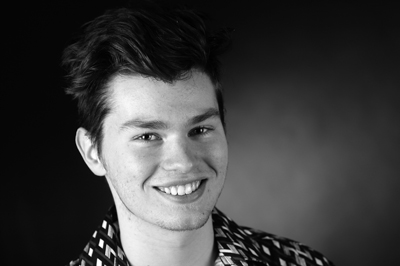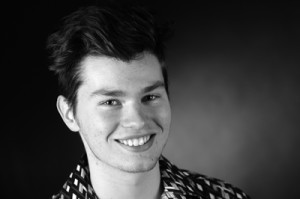
“Cynicism is humor in ill health.”
-H.G. Wells
In an Internet culture infiltrated by “Summertime Sadness,” Daria-esque quips and a hyper-cynical outlook on existence, I see much of myself in the grumpy cat memes and the self-deprecating, yet self-obsessed, tweets, posts, pins and statuses floating around the blogosphere like candy-coated manic depression.
I have always been inclined toward cynicism, pessimism and depression. In elementary school I remember crying nearly every day for a multitude of reasons – being lonely and without friends, being called gay and later, as my peers developed a more worldly vocabulary, a faggot. I hated school. I hated everything. And I learned to embrace this. I learned to take my disdain for just about everything and filter it into comedic gold. I developed a certain brand of deadpan humor, the kind that would both tickle and disturb.
I fell deep into the romanticized depression that is depicted by The Smiths or Sylvia Plath – hook, line and sinker. I devoured The Catcher in the Rye as if it was a religious dogma. I was a complete cliche, embarrassingly so. I hated my life, I hated myself but I loved those things about me. I’d wallow in self pity. I’d feed off of it. It served as some kind of artistic outlet. I was a tortured spirit. I was misunderstood, angsty and enigmatic. Ian Curtis or The Virgin Suicides. And I believed these things about myself until they became true.
At some point something switched. My self-deprecation wasn’t so humorous anymore. My cynicism didn’t reap the harvest of friendship it had in the past. Last year, at 16, I was diagnosed with depression. It seemed as though this was the validation I earned from years of writing Morrisey lyrics on the back of composition notebooks. I could be dark, literary. I could be Van Gough with an ear intact. I had a permit authorized by my doctor.
This was not so. It wasn’t the romanticized teen angst I imagined at 12. It was desperation. It was like the compounding, reinforced cynicism became something I couldn’t shut off- it was something ingrained in me, a way of living and a way of thinking. I found myself alone with my pessimism, wallowing in self-pity and trying to find a way out. It was a slow realization to come to- to realize there was a problem here. It was as if this constantly reinforced outlook on life and how much it sucked compounded, like hair clogging a drain until no longer functional. I was no longer functional- I was flawed and defective.
I still am, truthfully. I continue to find it inextricably difficult to claw my way out of the hole I’ve dug myself into.
As much as my depression is chemical, I can’t deny the triggering effects of the particular breed of obscurities and pop culture that I nurtured myself with for years. I’m not suggesting that every Cure album should come with caution tape or a complimentary bottle of Prozac. I’m not discrediting or shaming Plathian poetry or the fear that art can investigate. My attempt is not to super-impose an experience on anyone.
My aim is to draw a timeline of my own experiences of dabbling in the dark. I do believe that a generation so captivated by the ironic, the deprecating and the depressing may find its own self-fulfilled prophecy.
“Among other things, you’ll find that you’re not the first person who was ever confused and frightened and even sickened by human behavior. You’re by no means alone on that score, you’ll be excited and stimulated to know. Many, many men have been just as troubled morally and spiritually as you are right now. Happily, some of them kept records of their troubles. You’ll learn from them—if you want to. Just as someday, if you have something to offer, someone will learn something from you. It’s a beautiful reciprocal arrangement. And it isn’t education. It’s history. It’s poetry.”
-J.D Salinger



